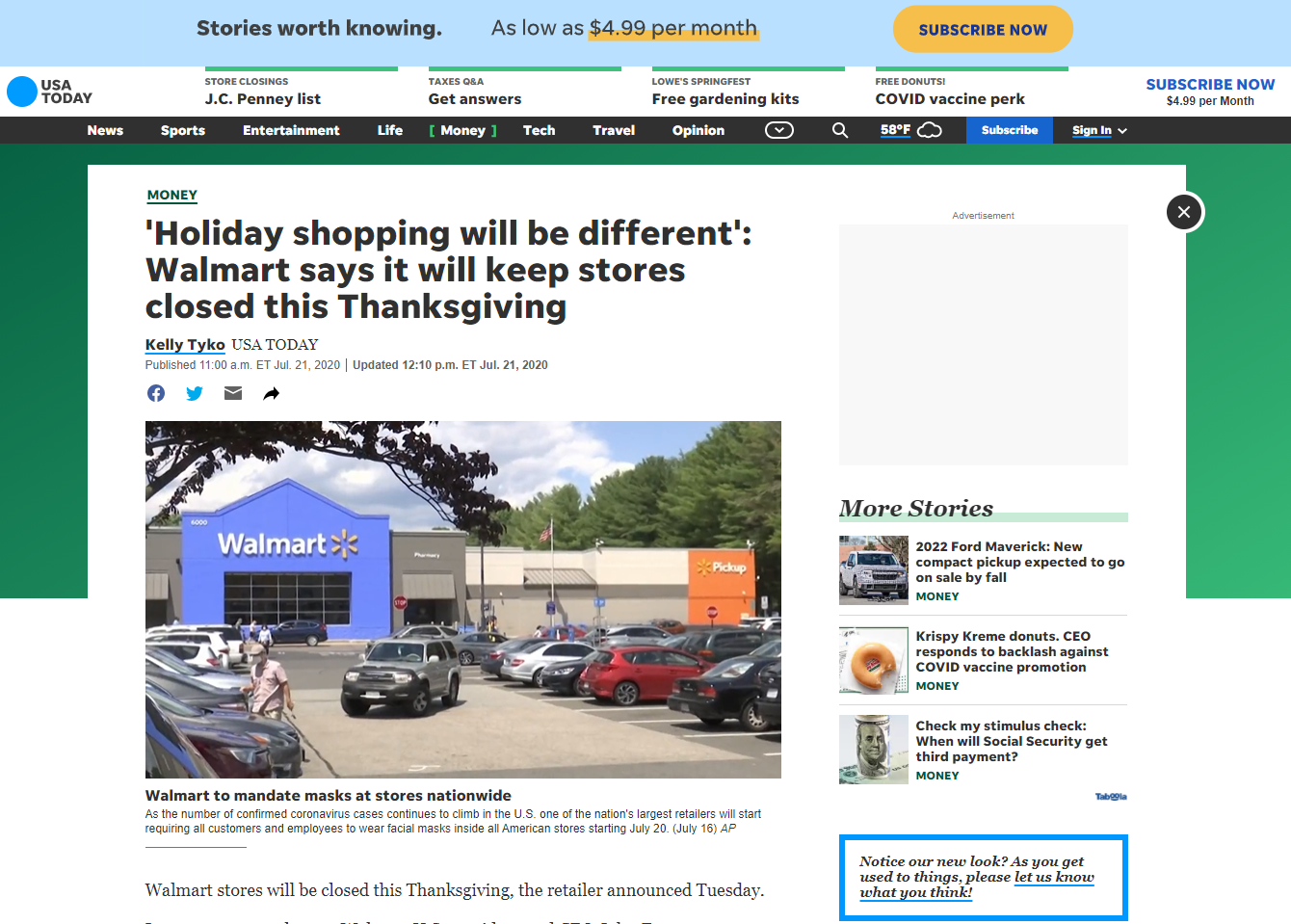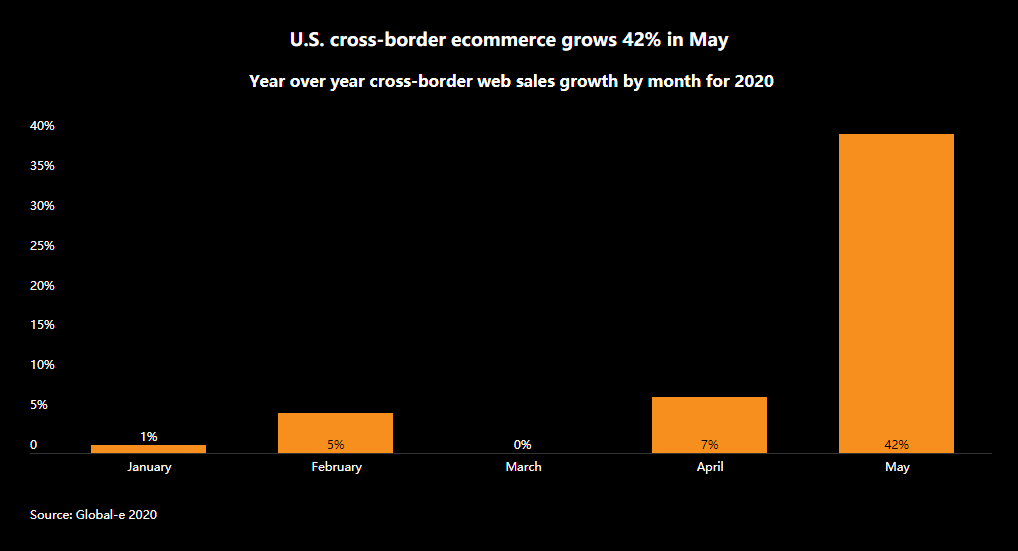Start your business with CJdropshipping
All-in-one dropshipping solution provider: product supplies, global logistics, free sourcing, POD, video shooting, and other dropshipping-related services.
CJ Blog

In July 2020, Walmart announced that it planned to close stores on Thanksgiving. So did Sam's Club. We all know that the day after Thanksgiving is Crazy Black Friday. The COVID-19 pandemic has gotten in the way of the shopping fever festival but only in mortar-and-bricks stores, while more and more customers turned to the online shopping spree.
Hit by the pandemic, Amazon and other mainstream eCommerce had reduced the expenses on advertising on Facebook, Google, or other online marketplaces. In this case, a certain amount of traffic has been driven to independent stores. According to data from Rakuten Intelligence, online order volume from full-assortment grocery merchants rose 210.1% from March 12 through March 15 in 2020, compared with the same period a year earlier. Undoubtedly, prevention materials became the No.1 hot-selling products in the second quarter.
According to Global-e, a vendor that helps web merchants sell online globally, cross-border online sales worldwide have increased by 21% from January 1 to June 14 in 2020 compared with the same period a year ago. Despite slowdowns across some of the regions when the pandemic reached its peak, sales have bounced back in many countries. In May 2020, global cross-border online sales grew 42%, with June showing the same positive growth trend.
More to read: Global cross-border eCommerce grows 21%
Scrutiny of the increase reveals that a great part of the contribution is from independent stores, and several giant marketplace platforms had changed their policies regularly. And the commissions, service fees and PPC fees are on the rise, leading to an increase in costs of attracting traffic from marketplaces. Also, sellers on marketplaces have lesser profit margins. So, more and more sellers choose to open their independent online stores.
More to read: Amazon Restricts Sellers from Dropshipping, How Can Dropshippers Find a Way Out?

All in all, eCommerce or cross-border eCommerce is on the rise. But for independent sellers, it is quite difficult to accumulate and source customers' databases by doing business on eCommerce marketplaces. On the other hand, you can develop your customers' community and gather all the customer resources in hand to build your brand cognition among them. You can send e-mails to your clients for reselling on some holidays or when new products are launched. Sellers who have trouble in dealing with unsold stock can list their products on independent online stores.
Generally speaking, there are several advantages to building an independent online store:
1. No threshold for setting a website and the set-up fees are quite low.
2. You don't need a business license, an e-mail address can do the job.
3. No platform issues: no connection, copyright, trademark issues.
4. You don't have to worry about store closure by force or fine, and you don't need to stock goods in advance.
5. You can get started quickly with an easy system and low capital; just a little experience related to eCommerce is needed.
6. PayPal is the common payment method, independent or foreign warehouse shipment is allowed.
7. You can connect with other accounts to operate together.
However, some sellers point out that although independent stores are free from most of the rules, problems such as high maintenance fees and difficulty in driving traffic into websites are hard for individual sellers to deal with. On the contrary, experts believe that if one can afford the fees for running the business in a third party, he or she can also afford relative fees for an independent store.
Today, an independent store becomes the more popular choice for many cross-border eCommerce sellers. And having an online store helps people to grab some new growth points for profits. Moreover, it is conducive to branding and frees you from rigid rules on other marketplaces.
(1).jpg)
Chat
Share